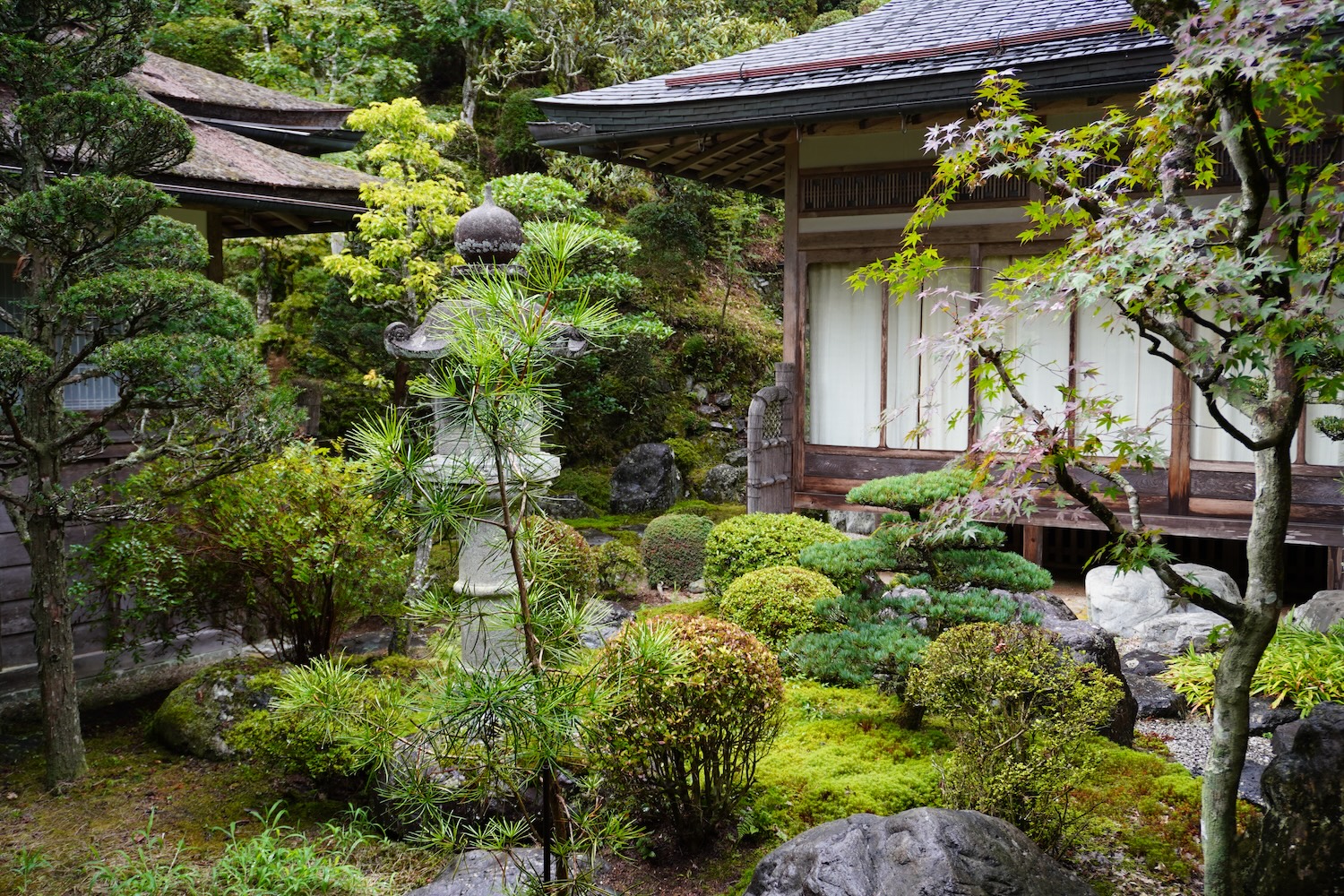Tea Meditation: A Mindful Journey in Every Sip

Introducing the Trending “Tea Meditation” from Overseas
There are many ways to practice meditation, but for those unsure of where to start, “tea meditation,” which has been gaining popularity overseas, is a great option.
Many people have experienced the calming effect of making tea when feeling tired or needing a moment to relax. Whether you frequently brew tea or rarely find time for it, “tea meditation” is something worth trying. By focusing on each action from brewing to drinking, you can achieve a meditative effect.
This article introduces the practice of “tea meditation,” its connection to Japanese tea ceremony and mindfulness, and the types of tea known for their relaxing effects. Taking the time to brew and savor a cup of tea may bring you a sense of tranquility unlike any other.
What is “Tea Meditation”?
“Tea meditation” is the practice of focusing on the present moment while drinking tea. It begins with selecting the teapot, cup, and type of tea to brew.
When making tea, shift your awareness to every step, from touching objects to each movement involved, and immerse yourself in “this moment.” There are many elements to focus on, including:
・The temperature of the water
・The color and shape of the tea leaves
・The aroma when hot water is poured
・The warmth of the cup
By fully experiencing the present moment, your mind will become more at ease, free from anxiety or anger. This practice helps to relax the brain and cultivate a sense of peace in both body and mind.
“Tea Ceremony is Simply Boiling Water and Making Tea”
This phrase is from the Rikyu Doka, a collection of poems based on the teachings of Sen no Rikyu, the grand master of the Japanese tea ceremony. It expresses that the essence of the tea ceremony is not complex; it is simply about boiling water, making tea, and sharing it with others. However, within this simplicity lies the profound challenge and significance of tea-making.
The Core Philosophy of the Tea Ceremony: “Wa-Kei-Sei-Jaku”
“Wa-Kei-Sei-Jaku” (和敬清寂) is a principle established by Sen no Rikyu and is fundamental to the Japanese tea ceremony. These four characters, often displayed in tea rooms, represent the essential spirit of the practice:
・Wa (和) – Harmony: Creating peaceful relationships
・Kei (敬) – Respect: Treating others with mutual respect
・Sei (清) – Purity: Maintaining a pure and open heart
・Jaku (寂) – Tranquility: Cultivating a calm and undisturbed mind
These values are not only essential for the host of a tea gathering but also for the guests, ensuring a meaningful experience for all.
The Seven Principles of Sen no Rikyu
Sen no Rikyu’s “Seven Principles” outline the fundamental mindset of the tea ceremony:
1. Prepare tea with sincerity – Put your heart into making tea.
2. Place charcoal properly – Understand and respect the essence of things.
3. Arrange flowers naturally – Appreciate life as it is.
4. Create a comfortable atmosphere for the season – Be mindful of seasonal changes.
5. Maintain a sense of timeliness – Act with consideration and readiness.
6. Prepare for the unexpected – Stay flexible and open-minded.
7. Respect your guests – Foster mutual appreciation and consideration.
The tea-making process and the spirit of the tea ceremony closely align with mindfulness and meditation practices.
Practicing “Tea Meditation” with Green Tea
Here’s how to practice “tea meditation” using green tea, though any type of tea can be used. The key is to focus on each moment.
Observing the Process of Boiling Water
Listen to the sounds as the water heats in a kettle or pot—bubbling, hissing, and steaming. Feel the changes in temperature and observe how steam subtly affects the room.
Appreciating the Tea Leaves
Observe the shape, color, and texture of the tea leaves. Gently place them in the teapot, then watch as they unfurl and expand when hot water is poured over them. If your mind wanders, acknowledge it without judgment and gently bring your focus back to the tea.
Savoring Each Sip
As you pour tea into a cup, listen to the sound and admire its color. Hold the cup with both hands and feel the warmth. Take a deep breath, inhale the aroma, and slowly exhale before taking a sip. Pay attention to how the tea spreads through your body, bringing warmth and relaxation.
Delicious and Calming Teas
What kinds of teas can help calm the mind and promote relaxation? Here are five teas that are believed to be beneficial for stress relief. Why not incorporate them into your daily routine when you need a moment to unwind?
Green Tea
Green tea contains the amino acid theanine, which has excellent relaxation effects. It increases alpha waves in the brain and activates the parasympathetic nervous system, helping to reduce stress and improve sleep quality.
If you want to maximize your theanine intake, “cold-brewed green tea” is recommended. Cold brewing minimizes catechins (which contribute to bitterness), allowing the umami and sweetness of the theanine to stand out. Unlike green tea brewed with hot water, cold-brewed green tea extracts very little caffeine, making it safe to drink before bed.
Chamomile Tea
Chamomile tea, a type of herbal tea, helps relax both the mind and body. Since it is caffeine-free, it is ideal for drinking before bedtime. It can help ease stress and anxiety.
If you’re not fond of chamomile’s scent, try adding honey. The natural apple-like sweetness of chamomile will be enhanced, making it easier to enjoy.
Jasmine Tea
Jasmine tea (茉莉花茶) is made by infusing green tea or oolong tea leaves with the scent of jasmine flowers. Its sweet and floral aroma makes it a favorite among many.
The aromatic compounds in jasmine, such as linalool and benzyl acetate, are known for their calming and anti-anxiety effects, making this tea a great choice for relaxation. However, since it contains caffeine, be mindful of your intake, especially before bedtime.
Hojicha
Hojicha is a roasted green tea with a distinctive toasty aroma. Although it is a type of green tea, it contains significantly less caffeine—only 20 mg per 100 g of brewed tea, compared to 160 mg in gyokuro (a high-quality Japanese green tea).
This is because the roasting process causes caffeine to evaporate. Additionally, the theanine in hojicha helps promote relaxation. It’s perfect for unwinding during a break at work or at the end of a long day.
Mint Tea
Peppermint has a calming effect and is known for helping the mind and body relax. It’s often associated with a refreshing sensation.
The menthol in mint provides a cooling effect that can clear the head and uplift the mood. Drinking it before bed may support a restful sleep.
For a fresh herbal tea blend, try combining spearmint with lemongrass or lemon balm. If you prefer a touch of sweetness, adding honey is a great option.
Finding Peace Through “Tea Meditation”
“Tea meditation” is a simple yet powerful way to reconnect with the present moment. Whenever you feel overwhelmed or restless, remember that peace can be found in this practice.
・Select your teapot and cup thoughtfully.
・Pay attention to the sound of boiling water.
・Observe the tea leaves as they steep.
・Hold your cup and feel its warmth.
・Breathe deeply and savor the aroma.
・Take each sip with awareness and appreciation.
Even if thoughts arise, don’t judge yourself—simply acknowledge them and gently return to the present moment. By practicing “tea meditation,” you can cultivate mindfulness, clear away distractions, and find a sense of inner tranquility anytime you need it.
Thank you for reading.



